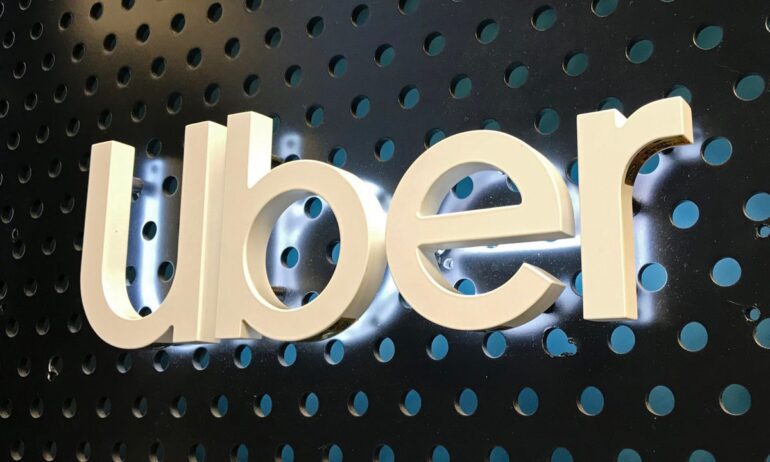- Uber settles with a Black courier, Pa Edrissa Manjang, over alleged racially discriminatory facial recognition checks.
- Lack of transparency in AI systems’ deployment raises questions about UK law’s adequacy in addressing emerging challenges.
- Legal proceedings spanning years highlight systemic shortcomings in addressing AI-induced biases.
- The case underscores the effectiveness of equality and data protection laws in addressing AI-related grievances.
- Regulatory enforcement gaps, exemplified by the ICO’s inaction, hinder effective redress for AI-related harms.
- The UK government’s reliance on existing laws and minimal funding allocation suggests a lack of prioritization for AI safety.
Main AI News:
An incident involving Uber Eats courier Pa Edrissa Manjang, who is Black, has recently come to light. Reports from the BBC indicate that Uber has settled with Manjang following allegations of racially discriminatory facial recognition checks. These checks barred him from accessing the app, which he had relied on since November 2019 for food delivery gigs.
This development underscores the broader issue of the adequacy of UK legislation in addressing the proliferation of AI systems. The lack of transparency surrounding hastily deployed automated systems, touted to enhance user safety and service efficiency, raises concerns. Such systems may inadvertently amplify individual injustices, while seeking redress for those affected by AI-induced biases can be a protracted endeavor.
Manjang’s legal action stemmed from a series of failed facial recognition checks implemented by Uber since April 2020. These checks, utilizing Microsoft’s facial recognition technology, required users to submit live selfies for verification against stored photos. Despite Manjang’s persistence in rectifying the issue, Uber suspended and eventually terminated his account, citing persistent mismatches.
Legal proceedings initiated by Manjang, supported by the Equality and Human Rights Commission (EHRC) and the App Drivers & Couriers Union (ADCU), spanned several years. Uber’s attempts to dismiss the claim or secure a deposit prolonged the litigation. Despite the scheduled hearing in November 2024, Uber opted to settle with Manjang, precluding a public disclosure of the specific issues encountered.
Uber’s stance post-settlement maintains that its systems, bolstered by human oversight, are robust. However, the case casts doubt on the efficacy of both Uber’s facial recognition checks and its human review processes.
The case underscores the efficacy of existing equality legislation in addressing AI-related grievances. Manjang’s pursuit of justice under the UK’s Equality Act 2006 is commendable, yet indicative of systemic shortcomings. Baroness Kishwer Falkner, chairwoman of the EHRC, lamented the necessity for legal action to unveil opaque processes affecting workers.
Moreover, the case highlights the role of data protection laws in safeguarding individuals against opaque AI processes. Manjang’s ability to access his selfie data under the UK’s GDPR proved instrumental in substantiating his claims. However, the enforcement of these provisions, particularly by regulatory bodies like the Information Commissioner’s Office (ICO), remains wanting.
Despite calls for proactive enforcement, regulatory intervention has been notably absent. The ICO’s reluctance to investigate complaints against Uber’s AI practices underscores systemic challenges. Jon Baines, a senior data protection specialist, advocates for enhanced regulatory oversight to address AI-related harms effectively.
The UK government’s stance on AI safety, evidenced by its reliance on existing laws and minimal funding allocation, raises concerns. The absence of dedicated AI safety legislation and inadequate regulatory resources indicate a lack of prioritization.
Conclusion:
The legal battle between Uber and Pa Edrissa Manjang sheds light on the complexities and challenges surrounding AI deployment in the market. It underscores the urgent need for comprehensive regulatory reforms and enhanced enforcement mechanisms to address AI-induced biases and ensure accountability across industries. Failure to address these issues could erode trust in AI technologies and impede their widespread adoption and acceptance in the market.

